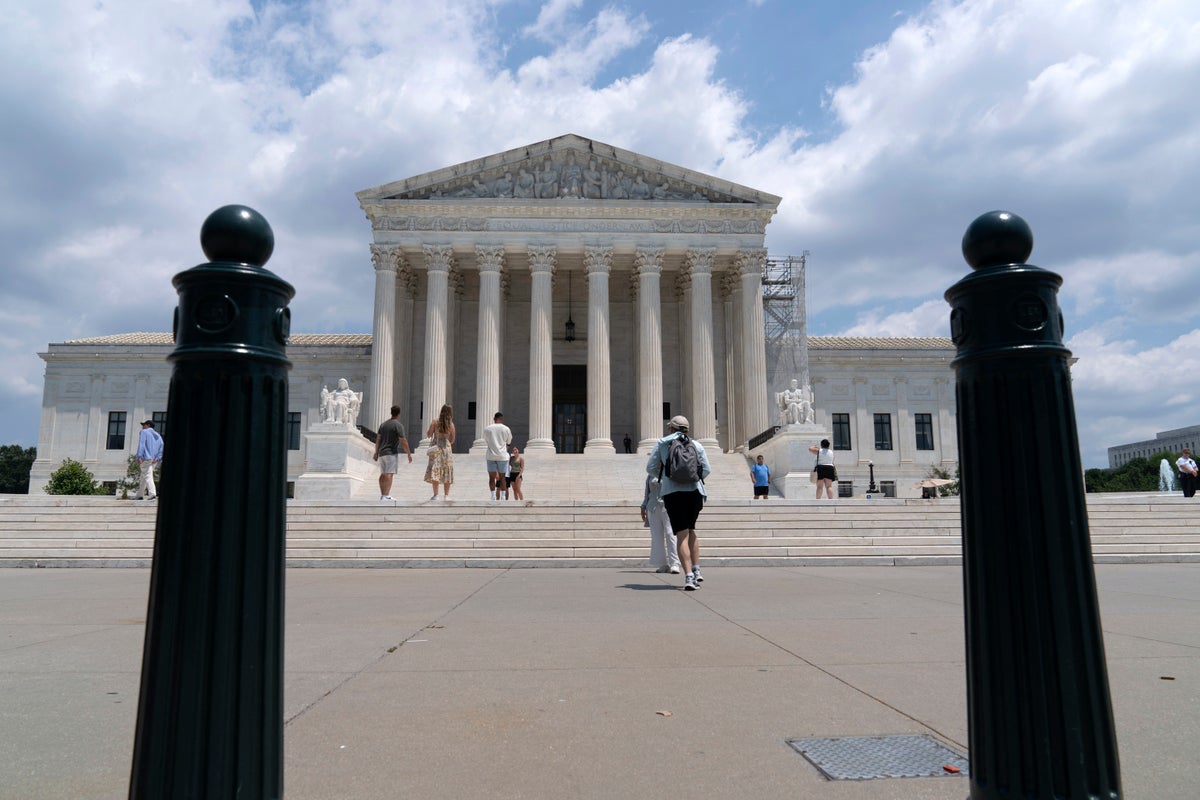
The Supreme Court agreed on Monday to consider reviving a critical approval for a railroad project that would carry crude oil and boost fossil fuel production in rural eastern Utah.
The justices will review an appeals court ruling that overturned the approval issued by the Surface Transportation Board for the Uinta Basin Railway, an 88-mile (142-kilometer) railroad line. Arguments will take place in the fall.
The rail line would connect oil and gas producers in rural Utah to the broader rail network, allowing them to access larger markets and ultimately sell to refineries near the Gulf of Mexico. Producers who are currently limited to tanker trucks would be able to ship an additional 350,000 barrels of crude daily on trains extending for up to 2 miles (3.2 kilometers).
Proponents include oil businesses, rural Utah officials and the Ute Indian Tribe of the Uintah & Ouray Reservation. They have argued that the railroad would be a boon to struggling local economies and boost domestic energy production.
Environmental groups and Colorado's Eagle County, which sued to challenge the project, worry about safety and potential train derailments. The environmental groups also contend that the rail line will allow more oil to be extracted and burned, contributing to climate change.
The federal appeals court in Washington ruled last year that the Surface Transportation Board's environmental approval was rushed and violated federal law.
The issue at the Supreme Court is whether the agency should have weighed the potential environmental harm of the main cargo the railroad would carry when it has no regulatory authority over oil production.







